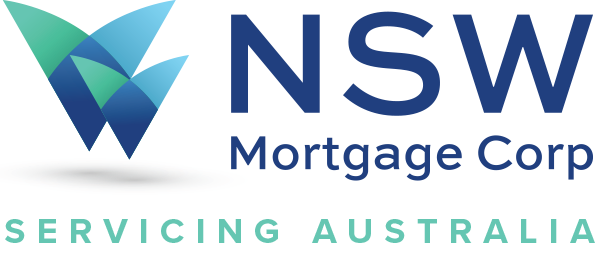Is retirement lurking around the corner and you’re worried that your savings are not enough to maintain your lifestyle? Read on to learn whether it is wise to refinance your home when there’s little time left at the workforce and the tips on how to use this type of financing wisely.
Is it too late to start all over again?
Refinancing your home could mean a lot of things.
- It can be a debt consolidation strategy to help you start with a clean slate. Perhaps you want to make sure that you have enough money to save and you don’t want to worry about losing more money on interests and penalties.
- You have a project in mind. Home improvement, additional rooms that you probably want to convert into a rental space or you want to start a business. Regardless of your reasons, it’s never too late to refinance your home. If you need the money right now, you can use your home as collateral and make use of that amount wisely to work on your goals.
A lot of people think that their old age is a hindrance to success. But, the truth is that it’s only too late if you don’t make the first step at all. So make sure you know when is the best time to finance.
Here are some painful yet smart tips to prepare for retirement using your refinance loan:
Determine the annual cost of your retirement
To calculate the amount of retirement income you will need, get the amount of your current income.
If your pre-retirement income is $100,000 (after taxes) annually, make sure that you’ll still have a retirement income of at least $80,000. Those who want to feel comfortable during their golden years should have an investment or retirement plan that would replace at least 80% of their pre-retirement income. An 80% rate will ensure that you can still enjoy the same standard of living you had before you left the workforce. But, remember that this annual “cost” of retirement does not fit everyone.
While your taxes may decline and you no longer have to worry about work-related costs (transportation, office wardrobe, and the like) the overall expenses like food, utility bills and other types of living expenses remain the same. Not only that, if you still have a first mortgage and other outstanding debts to pay off like huge medical bills, you need to set aside a large amount of money for your retirement.
Note #
When computing the loan amount, make sure that your refinance loan will be enough to invest into something that can give you the kind of retirement you wish to enjoy. Someone who wants a luxurious retirement needs a huge investment too. Perhaps you’d like to put more money into your retirement nest egg and invest a little more into real estate to get more passive income. Aside from applying for home equity loans, you can also set aside some money to add additional room in your house and have it rented for additional passive income. But, if you want to have a modest retirement in a low-cost province and you have no plans of taking expensive vacations overseas, then you can put a modest amount of money on your retirement plans.
Prepare your sources of income
You can use the proceeds of your refinance home loan to put money into your retirement plan. Depending on your retirement plan, the benefits can provide you with a specific amount of income each month, or it can also be adjusted for inflation. If you started early, you wouldn’t have a problem with the number of benefits you can get, especially if it’s a plan that intends to replace your pre-retirement income. But, if you began sending contributions to your retirement plan just a few years back, and you have no other sources of income, you may have to work double-time. It is time to consider building a nest egg to make up the gap between your retirement costs each year and the amount you will receive from your retirement income. This nest egg will come from personal savings, current investments and salary or business revenues in the future.
Bottom Line
Retirement is something everyone wants to prepare for, but not all of us can afford a comfortable way of life after we stop working. But, it is always worth remembering that finance is an art that we have to embrace.
Everyone is an artist and therefore, all of us have the inner creativity to adjust and create a financial management strategy which is convenient for us. Thus, there is no need to be worried about how we can handle our finances—we got the capability to accomplish whatever we put our mind into. And, finance is also a science. We need good financial service and instruments that will align with our needs and personal circumstances so that we can obtain the right amount of money at a time when it is badly needed.
Learn more about refinance and the proper finance management strategy that works for you, by talking to the in-house mortgage specialists of NSW Mortgage Corp or make an Enquiry today!




